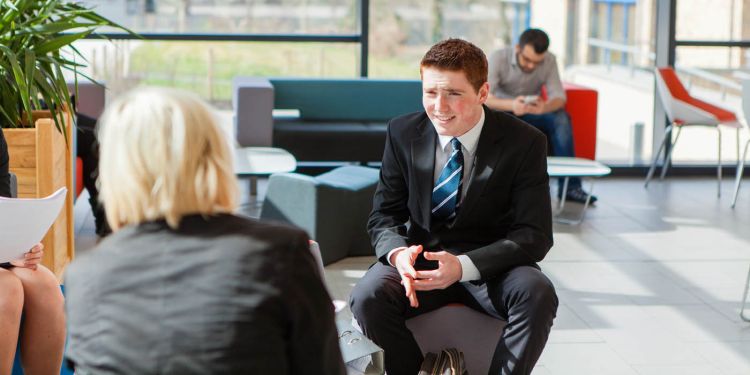Impact and engagement
Centre for Innovation and Research in Criminological and Legal Education

CIRLE operates as the Law School’s ‘think tank’ on matters of student education and experience and all of our work streams aim to have an impact on our curricula and co-curricular activities. Many of our projects also have a broader impact within the university, higher education sector and the professions with whom we engage.
Some examples of CIRLE members’ recent engagement activities include:
• Steven Montagu-Cairns wrote an article for THE on ‘You wake up in a locked room… Using digital escape rooms to promote student engagement’ June 2023
• Rachael O’Connor presented her reverse mentoring work to the UKAT EDI Research Project Collaborators group on 26 April 2023.
• CIRLE members have made a substantial contribution to the University’s Build Your Scholarship Practice programme, with Nick Cartwright, Chloe Wallace, and Rachael O’Connor being invited to contribute to the programme in 2023.
• Nick Cartwright gave an invited presentation at the CUBO (College and University Business Officers) Winter Conference (9 December 2022) EDI Data Maturity
• Steven Montagu-Cairns ran a workshop on ‘Merchants of Briberia: a card game designed to teach students the law of Bribery and the effect of the implementation of law on the decision-making process of the individual’ at Creativity in the contemporary law school (Sheffield, June 2022)
• Suzanne Young hosted a stall at the British Academy Summer Showcase on Engaging Schools in Criminology in June 2022.
• Rachael O’Connor supported the launch of the Educational Engagement/LUU reverse mentoring scheme in 2022 between senior leaders and under-represented students, speaking at the launch and providing training to mentors and mentees.
• Sean Butcher wrote a blog for the British Society of Criminology’s Learning and Teaching Network on Taking stock of employability in criminology: how much do we really know about our students? in February 2022.
• Suzanne Young recorded a video for Satchel (an online educational platform for secondary school students) outlining what a Criminology degree comprises of and potential routes after graduation.
• Lydia Bleasdale ‘We might call them subtleties, but they can have an exclusionary impact’: The experiences of Teaching-focused legal academics’ Advancing Wellness in Law Network, 4th November 2021.
CIRLE Publications
CIRLE produces briefing reports that disseminate the work of our members:
- Millennial Lawyers: Challenges and Opportunities for Law Firms in Leeds – Lydia Bleasdale, Andrew Francis
- Creating “valuable” student assessments – Dr Alex Nicholson
- Introducing experiential legal clinics; promoting skills and fostering community partnerships – Dr Jane Richards
CIRLE Events
CIRLE hosts several events throughout the year, listed below are some of our past events:
• Living Black at University symposium, co-hosted with Law and Social Justice in the School of Law. 1st February 2023.
• CIRLE Annual Event: Digitally Transforming Legal and Criminal Justice Education. 14th July 2022.
• CIRLE Seminar: ‘Using Visual Assessment Methods to Rejuvenate Case Reports’. 9th February 2022.
• Showcasing Excellence and Innovation in Teaching Criminology and criminal Justice. 16th January 2019.

